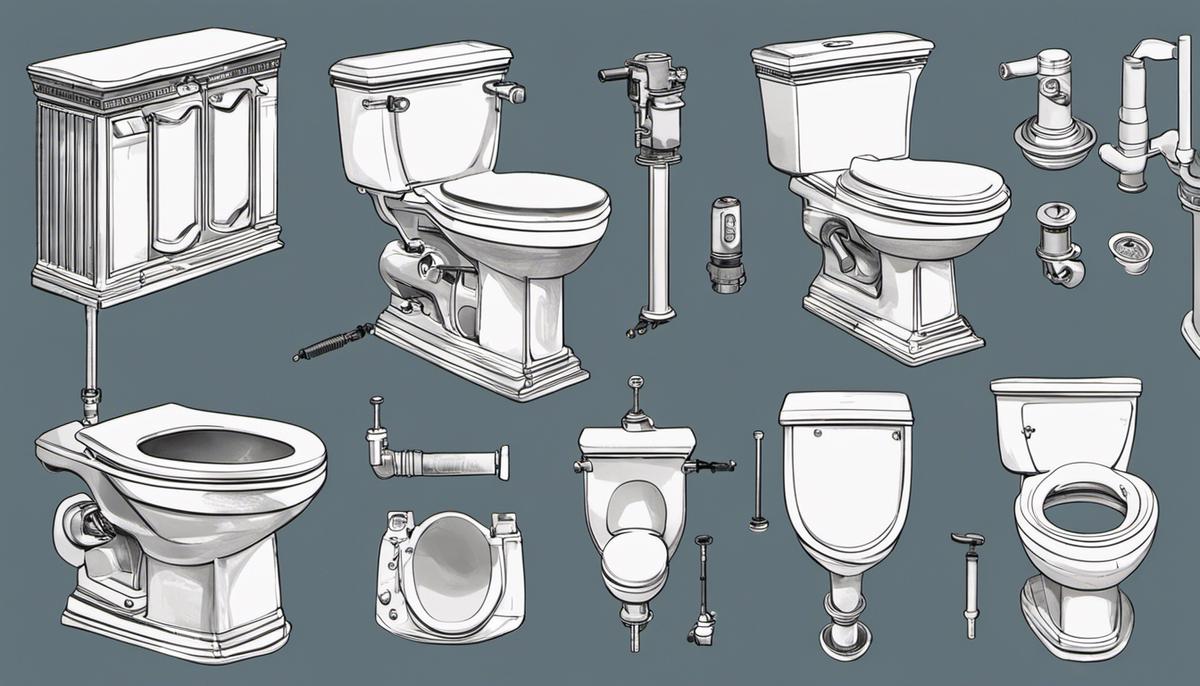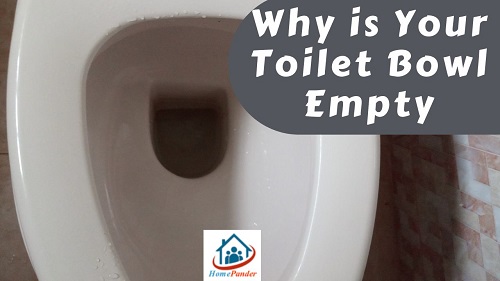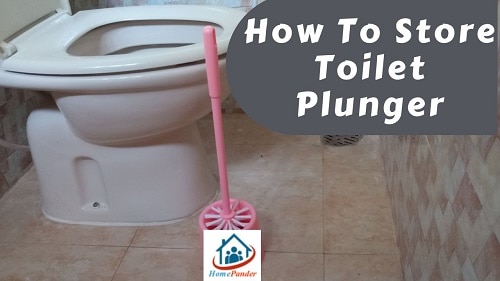In this blog post, we will dissect the intricacies of electric tankless water heater calculators, offering a comprehensive guide to understanding their functionality and importance.
The efficiency and cost-effectiveness of electric tankless water heaters make them an attractive option for many homeowners and businesses.
However, selecting the right size and model is crucial to ensure optimal performance and energy savings. With the help of an electric tankless water heater calculator, consumers can accurately determine the capacity and power requirements of these products, ultimately leading to a more informed purchasing decision.
We will delve into the key factors involved in using a calculator, such as water flow rates, temperature rise, and fuel type, to provide a well-rounded understanding of this essential tool for evaluating electric tankless water heater options.

Understanding Electric Tankless Water Heaters
Even as traditional tank water heaters have been the norm for decades, electric tankless water heaters are gaining popularity due to their energy efficiency and space-saving design. It’s important to understand how these systems work and their advantages and limitations before making a decision to switch.
How Electric Tankless Water Heaters Work
To understand how electric tankless water heaters work, it’s important to first grasp the basic principle of these systems. When a hot water tap is turned on, cold water flows into the unit and is heated by an electric element or a gas burner.
This provides a constant supply of hot water on demand, without the need for a storage tank. The flow sensor in the unit detects the water flow and activates the heating elements, providing hot water almost instantaneously.
Electric tankless water heaters are smaller and more compact than traditional tank water heaters, saving space and allowing for flexibility in installation. They also tend to have a longer lifespan and require less maintenance due to the absence of a storage tank that can corrode over time.
Advantages and Limitations
Limitations of electric tankless water heaters include the potential for inadequate hot water supply during times of high demand, as they may struggle to keep up with simultaneous hot water usage in multiple faucets or showers. Additionally, the initial cost of purchasing and installing an electric tankless water heater can be higher than that of a traditional tank water heater.
Tankless water heaters offer the advantages of energy efficiency, as they only heat water when it is needed, as well as a longer lifespan and reduced risk of water damage from a leaking storage tank. They also take up less space and provide a continuous supply of hot water, eliminating the need to wait for a tank to refill and reheat.
Overall, electric tankless water heaters are a viable option for homeowners looking to save space, reduce energy consumption, and enjoy a continuous supply of hot water.
The Calculator Tool: Features & Usage
While researching electric tankless water heaters, you may come across various calculator tools that can help you determine the appropriate size and requirements for your home.
These tools are designed to provide you with accurate estimations based on specific input parameters, allowing you to make informed decisions when selecting a water heater for your needs.
Input Parameters and Their Significance
For accurate results, it’s essential to input specific parameters such as the number of bathrooms, desired flow rate, and incoming water temperature. Each of these factors plays a crucial role in determining the size and capacity of the electric tankless water heater required for your home. Incorrect input can lead to oversizing or undersizing of the water heater, resulting in inefficiency or inadequate hot water supply.
Interpreting the Results
An accurate calculator tool will provide you with clear and concise results that indicate the recommended size and capacity of the electric tankless water heater for your home. These results will help you understand the requirements and limitations of different water heater models, allowing you to make an informed decision based on your specific needs and constraints.
Inputting the correct parameters is crucial for obtaining reliable results. Factors such as flow rate, incoming water temperature, and usage patterns should be carefully considered to ensure the accuracy of the calculator tool’s recommendations.

Case Studies
Despite the many advantages of electric tankless water heaters, it is important to consider specific case studies to understand their impact in different settings. Here are some real-life examples of how electric tankless water heaters have performed:
- Residential Home A: This home installed an electric tankless water heater and saw a 30% decrease in energy consumption and a 40% reduction in water heating costs over the course of one year.
- Residential Home B: After switching to an electric tankless water heater, this home reported a 50% increase in hot water delivery speed and a 25% decrease in overall water usage.
- Restaurant X: By replacing their traditional water heater with an electric tankless model, this restaurant saved over $2000 in utility costs within the first year of use.
Residential Applications
An electric tankless water heater is an ideal option for residential applications. It provides endless hot water on demand, allowing homeowners to enjoy consistent comfort and reduced energy costs. Additionally, the compact size of these units makes them a perfect fit for smaller homes or condominiums.
Commercial Applications
An electric tankless water heater is also a valuable asset in commercial settings. It offers significant energy savings for businesses, along with instant hot water for high-demand environments. The longevity and low maintenance requirements of these units make them an efficient choice for hotels, restaurants, and office buildings.
Case studies have shown that commercial establishments can save thousands of dollars annually by switching to electric tankless water heaters. With reliable performance and virtually no standby heat loss, these units are a cost-effective solution for high-demand hot water needs.

Optimizing Water Heating Efficiency
Not all tankless water heaters are created equal when it comes to electric tankless water heater efficiency. To optimize the efficiency of your unit, it’s important to consider a few key factors. Proper installation, regular maintenance, and choosing the right heater for your specific needs are all critical to ensuring optimal efficiency.
Tips for Choosing the Right Model
Any electric tankless water heater purchase should be guided by several key considerations. First, consider your hot water usage habits and the peak demand in your household. Next, evaluate the flow rate and temperature rise of different models to ensure they align with your specific needs. Additionally, look for models with high energy efficiency ratings and consider the installation requirements for each option. Assume that not all models are suitable for every household, so it’s important to do thorough research before making a decision.
Maintenance and Energy Savings
Heating your water efficiently is just one part of the equation. Regular maintenance of your electric tankless water heater is crucial to ensuring long-term energy savings. By keeping the heating elements clean and descaling the unit regularly, you can maintain its efficiency and extend its lifespan. Additionally, consider investing in a water softener if you live in an area with hard water, as this can reduce the buildup of scale and improve the unit’s efficiency.
Right maintenance and energy savings are essential for maximizing the lifespan and efficiency of your electric tankless water heater. By incorporating these practices into your routine, you can ensure that your unit continues to operate at its best, saving you money and reducing your environmental impact in the long run.
Electric Tankless Water Heater Calculator Explained
Upon reflecting on the use of an electric tankless water heater calculator, it is clear that this tool is invaluable for homeowners looking to invest in a more energy-efficient and cost-effective water heating system.
By inputting key factors such as desired water temperature, flow rate, and energy costs, individuals can accurately determine the right size and model of tankless water heater for their specific needs. This ensures that they are not overspending on a unit that is too large or undersizing and experiencing a lack of hot water.
In conclusion, the electric tankless water heater calculator is an essential resource for anyone considering making the switch to a more efficient water heating solution.
Electric Tankless Water Heater Calculator Explained
[faq-schema id=”17138″]



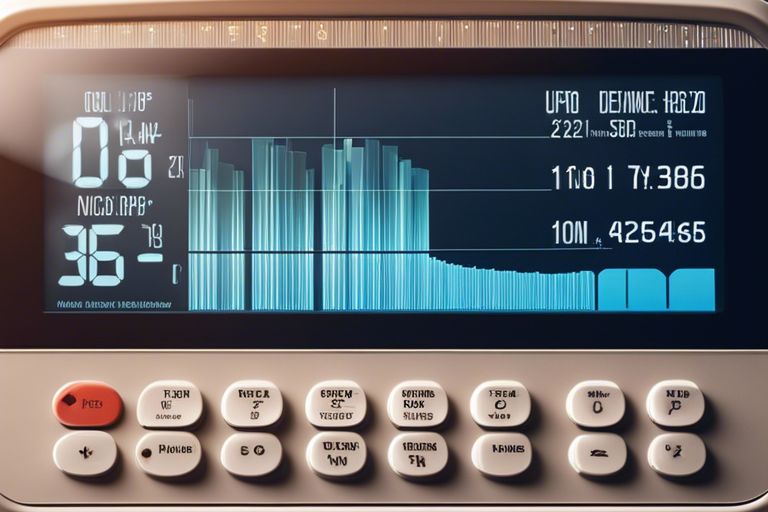
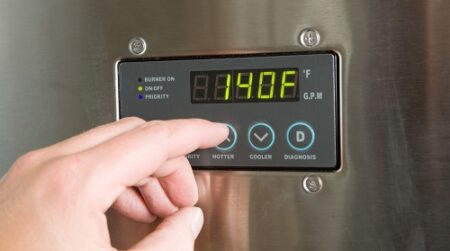

![How To Clean Dark Grout That Has Turned White [5 Easy Ways]](https://homepander.com/wp-content/uploads/2021/12/How-To-Clean-Dark-Grout-That-Has-Turned-White.webp)

![How to Remove Crystallized Urine [Explained]](https://homepander.com/wp-content/uploads/2022/02/How-To-Remove-Crystallized-Urine.jpg)
